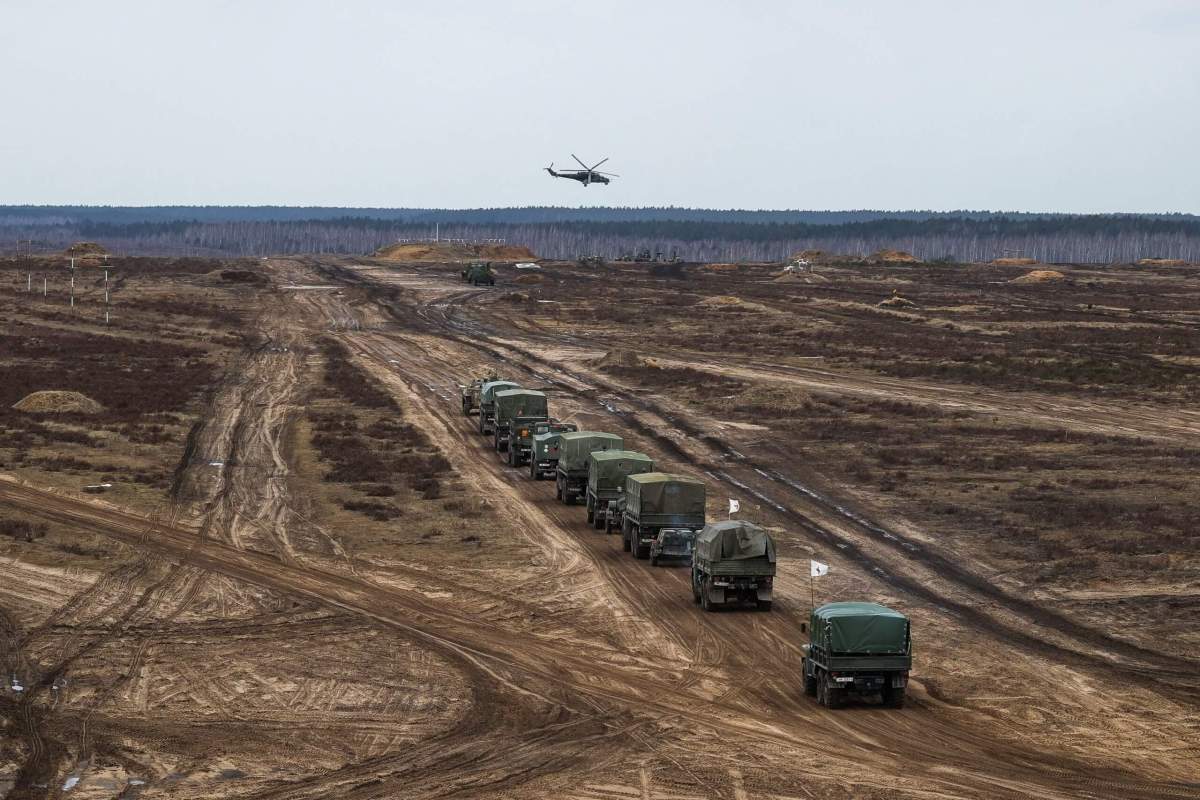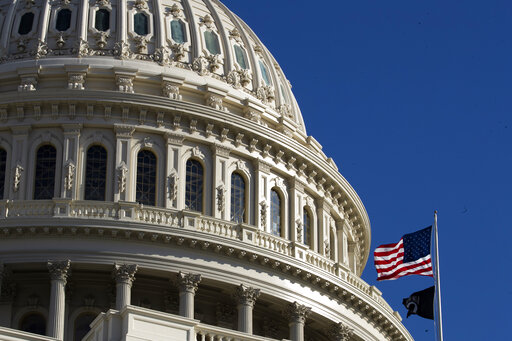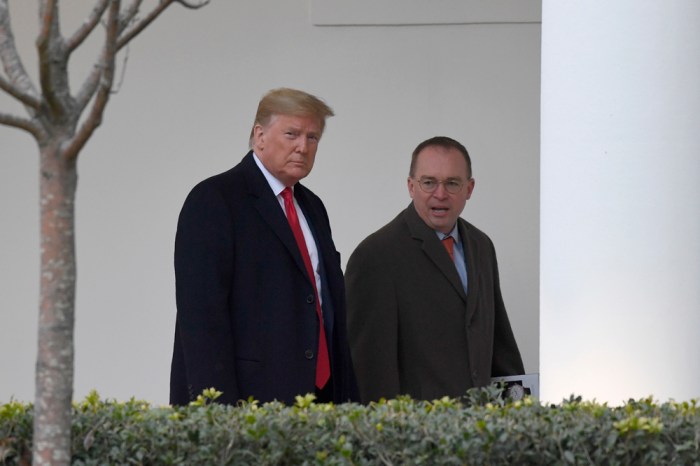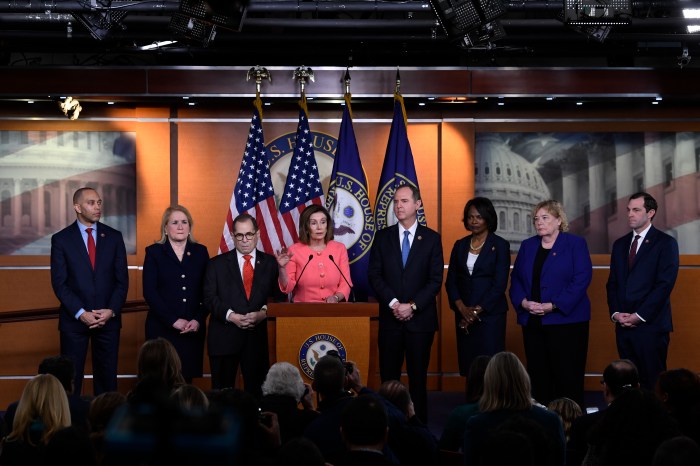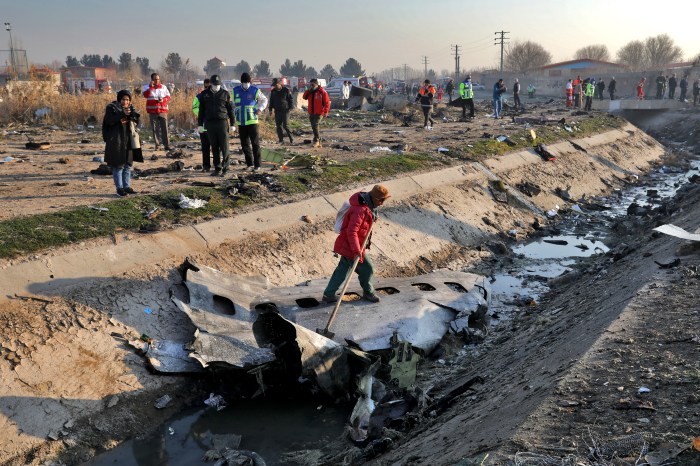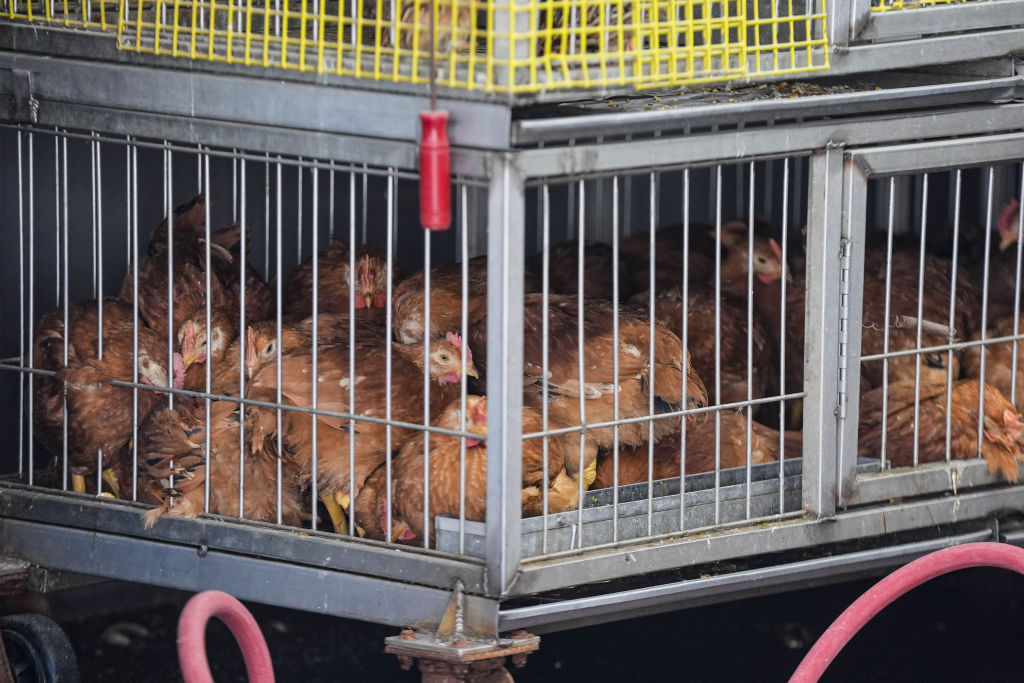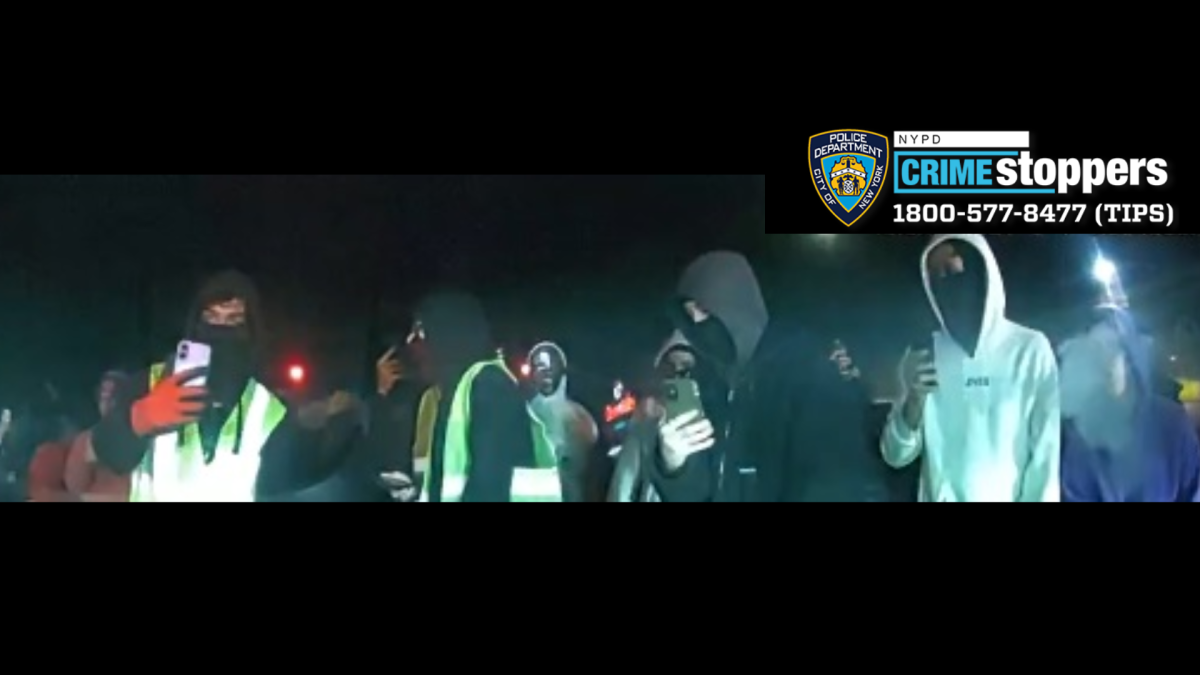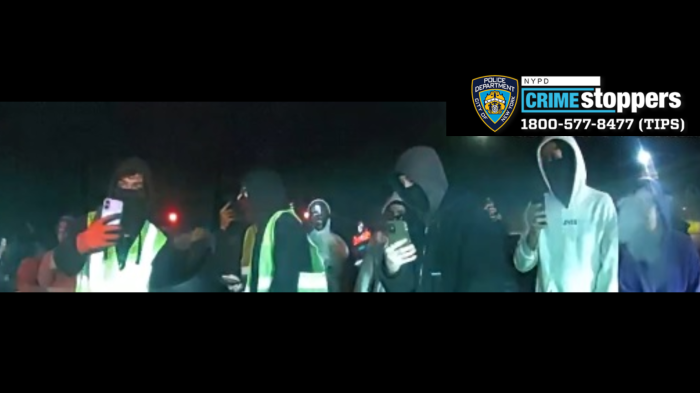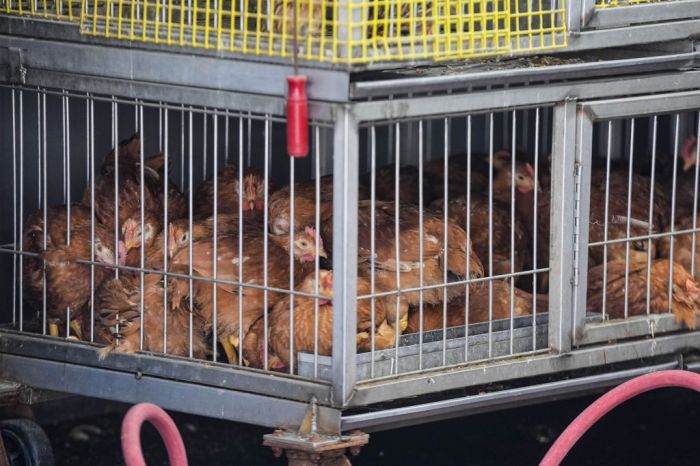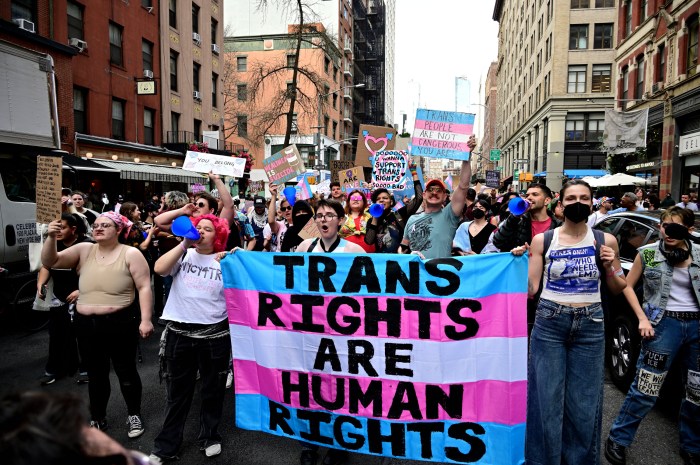Russia and Belarus are extending military drills that were due to end on Sunday, the Belarus defense minister said, in a step that further intensifies pressure on Ukraine as Western leaders warn of an imminent Russian invasion.
The decision to extend the drills was taken because of military activity near the borders of Russia and Belarus and an escalation of the situation in the Donbass region of eastern Ukraine, the Belarusian defense ministry said in a statement.
NATO says Russia has up to 30,000 troops in Belarus and could use them as part of an invasion force to attack Ukraine, which lies to the south of Belarus. Moscow denies any such intention.
The Kremlin did not comment on the Belarus drills.
Kremlin spokesman Dmitry Peskov said the repeated warnings by the West that Russia was about to invade Ukraine were provocative and could have adverse consequences, without giving details.
Russia and its allies say Ukraine and the West are whipping up tensions by sending NATO reinforcements to eastern Europe.
Belarus Defense Minister Viktor Khrenin said the focus of the extended exercises was “to ensure an adequate response and de-escalation of military preparations of ill-wishers near our common borders.”
Western countries are preparing sanctions they say would be wide-reaching against Russian companies and individuals in case of an invasion.
British Prime Minister Boris Johnson said in a BBC interview broadcast on Sunday that such sanctions would “hit very very hard,” and could include restrictions on Russian businesses’ access to the dollar and the pound.
However, he acknowledged such threats may not deter Moscow.
“We have to accept at the moment that (Russian President) Vladimir Putin is possibly thinking illogically about this and doesn’t see the disaster ahead,” Johnson said.
Ukrainian Foreign Minister Dmytro Kuleba said the West should impose some of the sanctions now, rather than waiting for an invasion.
“Russia has to be stopped right now. We see how events are unfolding,” Kuleba said.
The focus of tensions in recent days has been on the swathe of eastern Ukraine that Russian-backed rebels seized in 2014, the same year Russia annexed Crimea from Ukraine. More than 14,000 people have been killed in the conflict in the east.
Incidents of shelling across the line dividing government forces and separatists – which were sporadic in the past – increased sharply last week.
On Sunday, a Reuters reporter heard explosions in the centre of Donetsk city in the eastern Donbass region controlled by separatists. Heavy shelling was heard elsewhere in the region.
SMS messages sent to residents of Donetsk urged men to report for military duty.
More than 30,000 people from Donetsk and nearby Luhansk have crossed the Russian border in the past 24 hours, TASS news agency said, quoting authorities in Russia’s Rostov region. The separatists began evacuating residents on Friday saying that Ukraine was planning to attack – which Kyiv denied.
Kyiv’s Western allies are concerned Russia might use the escalation as a pretext for wider conflict.
Troop build-up
The renewed fighting in eastern Ukraine follows a build-up over several weeks of Russia troops to the north, east and south of the country. The West estimates 150,000 or more Russian troops are currently near Ukraine’s borders.
“The plan that we are seeing is for something that could be really the biggest war in Europe since 1945 just in terms of sheer scale,” Johnson said.
With Western fears of war rising, U.S. President Joe Biden was due to convene his top advisers later in the day to discuss the crisis. Biden said on Saturday he believed Russia could launch an attack “at any time,” despite assurances from the Kremlin that some troops were returning to their permanent bases after military exercises.
A Russian diplomat at the U.N. said no-one should tell Russia where or when to conduct military exercises, adding that U.S. and British intelligence assessments could not be trusted, citing mistakes made prior to the war in Iraq.
Foreign ministers from the G7 group of rich nations said on Saturday they had seen no evidence Russia is reducing military activity in the area.
Russia ordered the military build-up several months ago while demanding NATO prevent Ukraine from ever joining the alliance. It says Western warnings that it is planning to invade Ukraine are hysterical and dangerous.
However, it has warned of unspecified “military-technical” measures if demands including a NATO pullback from Eastern Europe are not met.
Shelling in the east
In eastern Ukraine, local military forces in one of the separatist areas, Luhansk, said on Sunday that two civilians had been killed and five buildings were damaged in shelling by the Ukraine military. Russia’s Investigative Committee will investigate the case, the RIA news agency quoted it as saying.
Two Ukrainian soldiers were reported killed and four wounded on Saturday.
The International Committee of the Red Cross said water services had been disrupted for more than a million people in the region, and called on all sides to spare civilian infrastructure.
The Ukrainian military said in a statement that its forces were sticking to a ceasefire agreement and “open fire exclusively when the actions of the Russian occupation forces pose a threat to the life and health of Ukrainian servicemen and civilians.”
Ukraine’s foreign minister Kuleba said Ukraine was not planning or carrying out any offensive operations.



